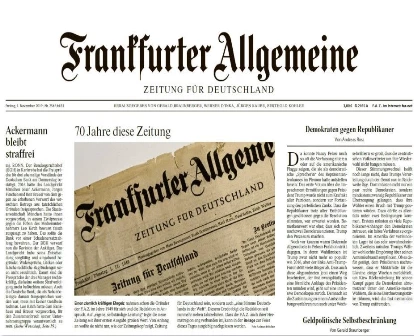A bootstrap-based comparison of portfolio insurance strategies
Hubert Dichtl,
Wolfgang Drobetz,
Martin Wambach
European Journal of Finance | 01/2017
This study presents a systematic comparison of portfolio insurance strategies. We implement a bootstrap-based hypothesis test to assess statistical significance of the differences in a variety of downside-oriented risk and performance measures for pairs of portfolio insurance strategies. Our comparison of different strategies considers the following distinguishing characteristics: static versus dynamic protection; initial wealth versus cumulated wealth protection; model-based versus model-free protection; and strong floor compliance versus probabilistic floor compliance. Our results indicate that the classical portfolio insurance strategies synthetic put and constant proportion portfolio insurance (CPPI) provide superior downside protection compared to a simple stop-loss trading rule and also exhibit a higher risk-adjusted performance in many cases (dependent on the applied performance measure). Analyzing recently developed strategies, neither the TIPP strategy (as an ‘improved’ CPPI strategy) nor the dynamic VaR-strategy provides significant improvements over the more traditional portfolio insurance strategies.



